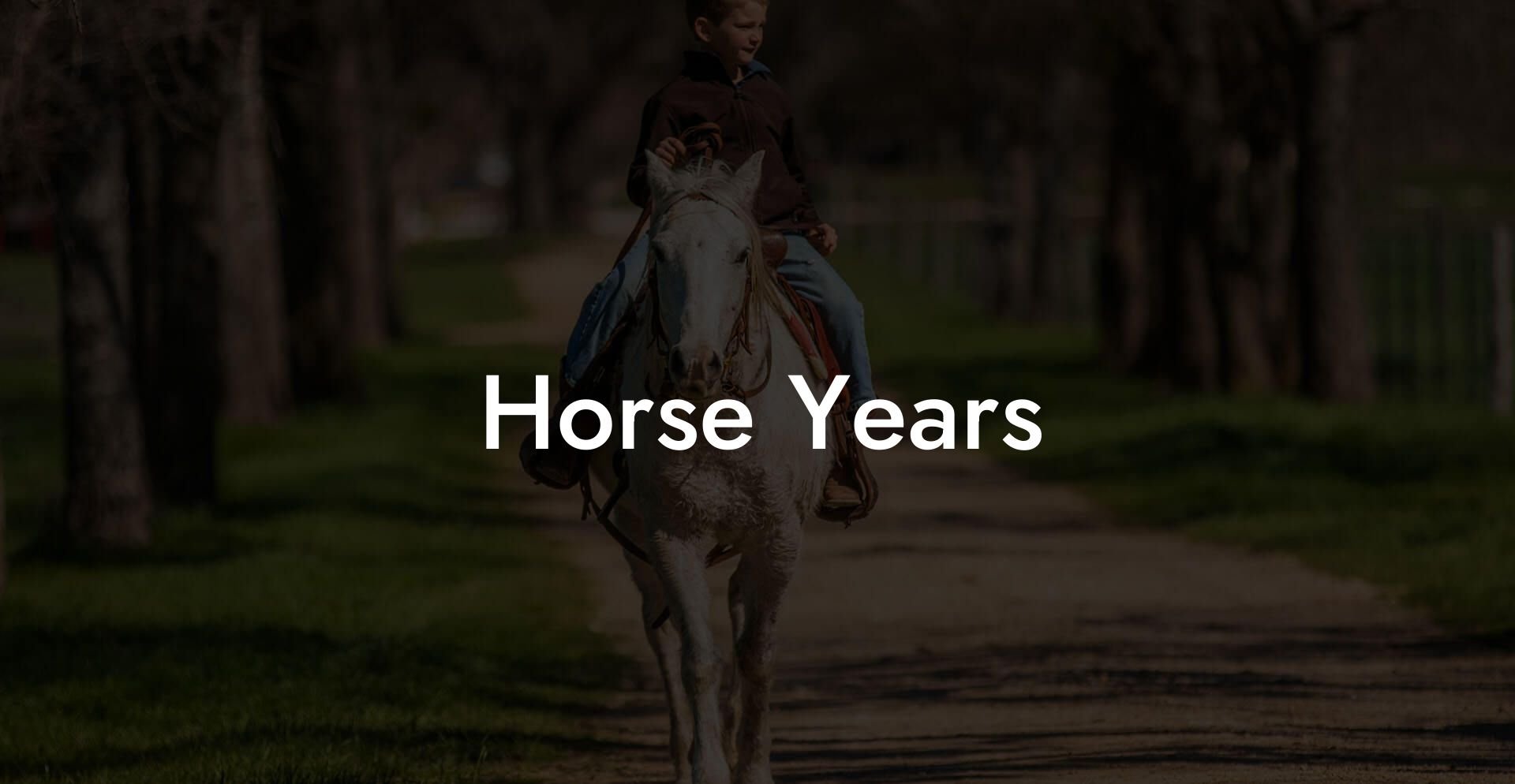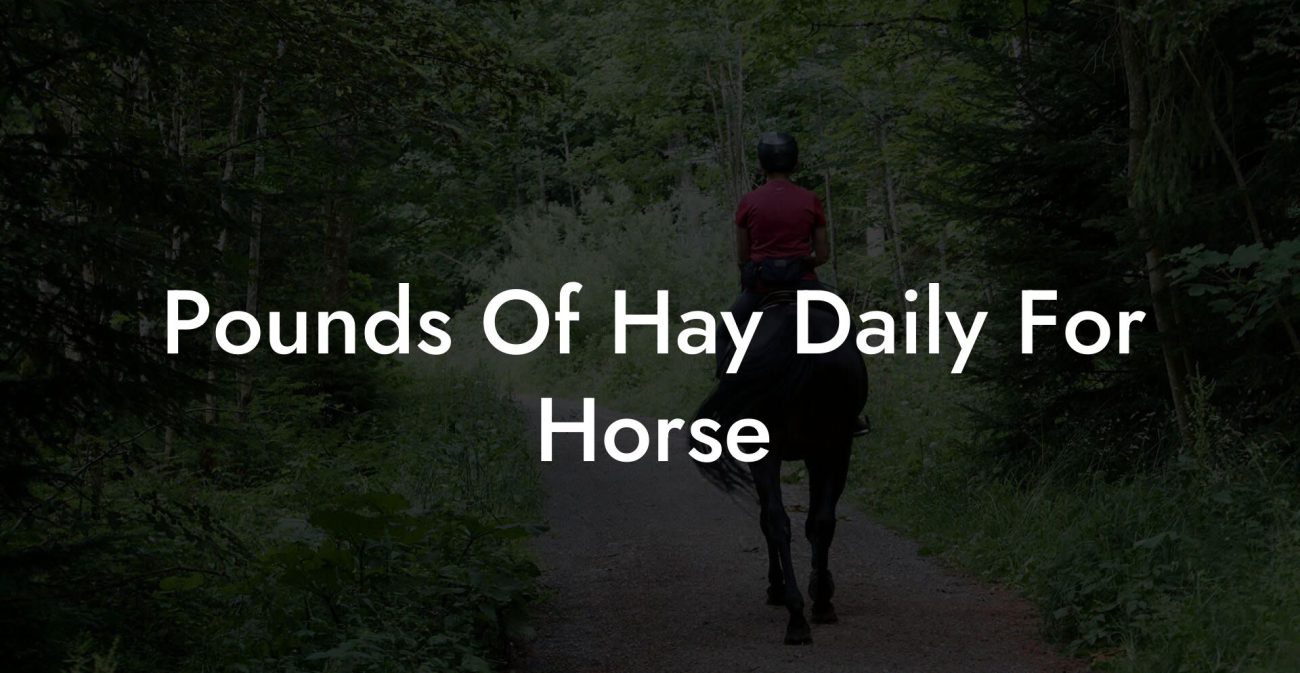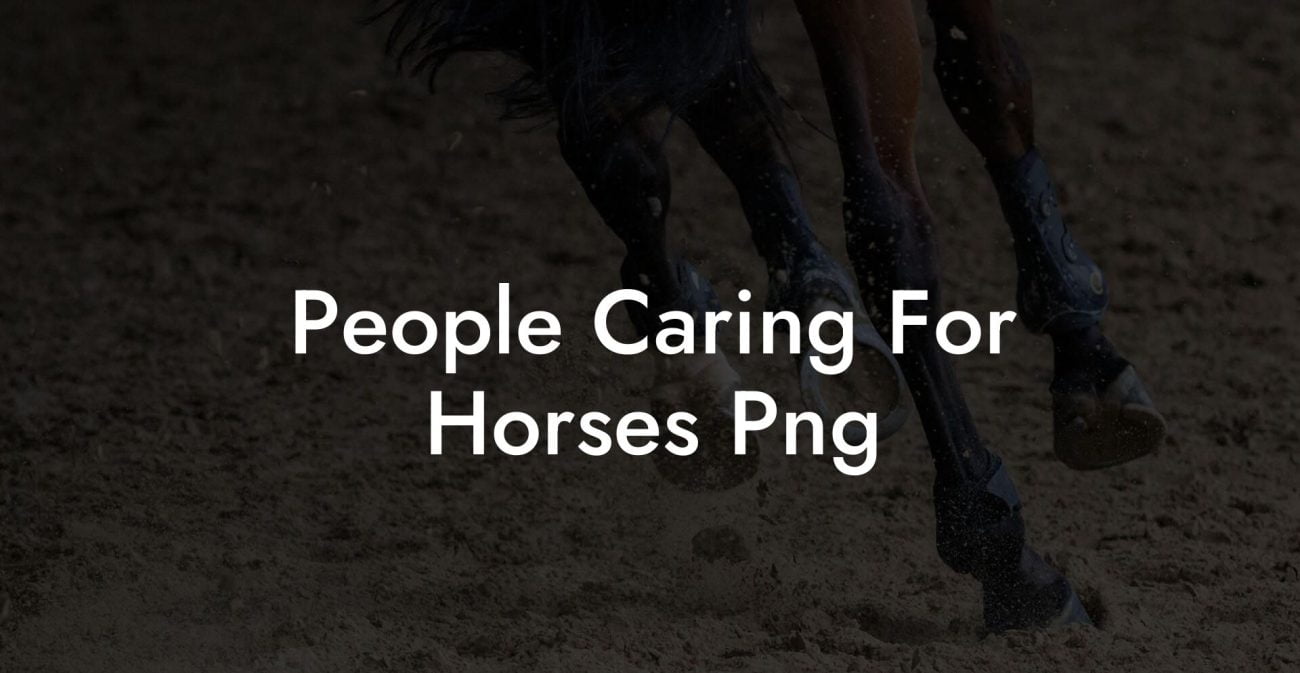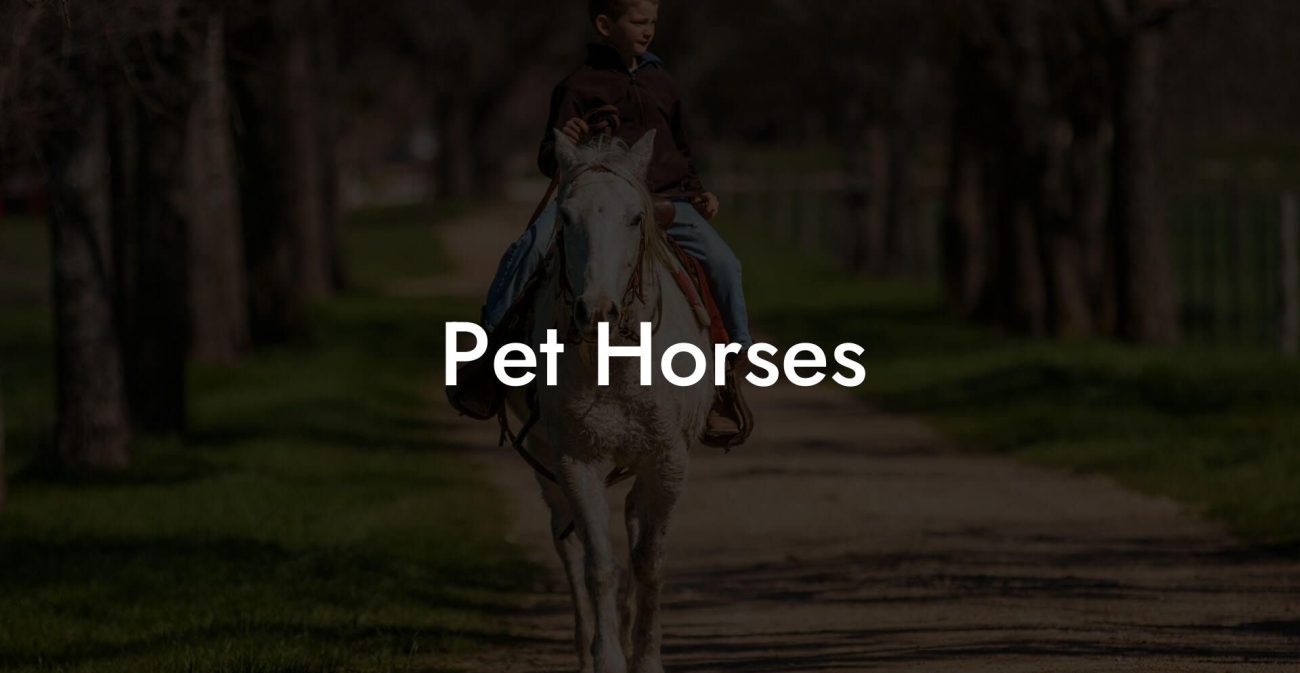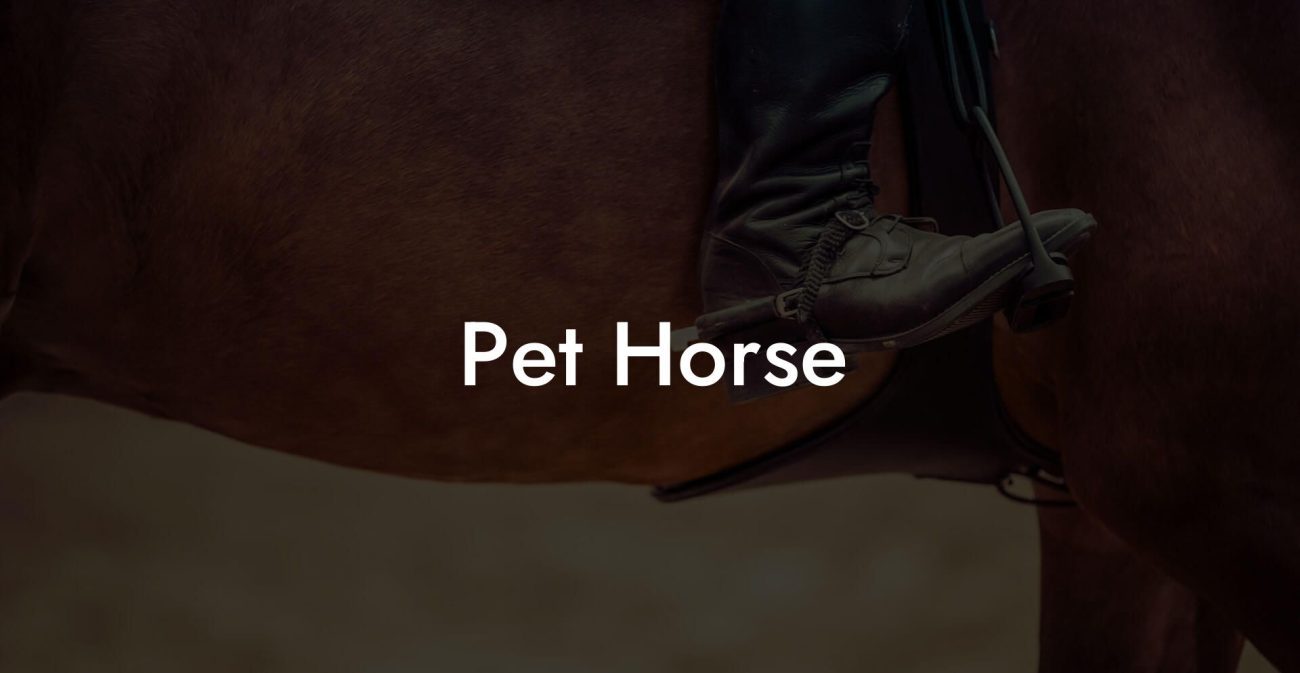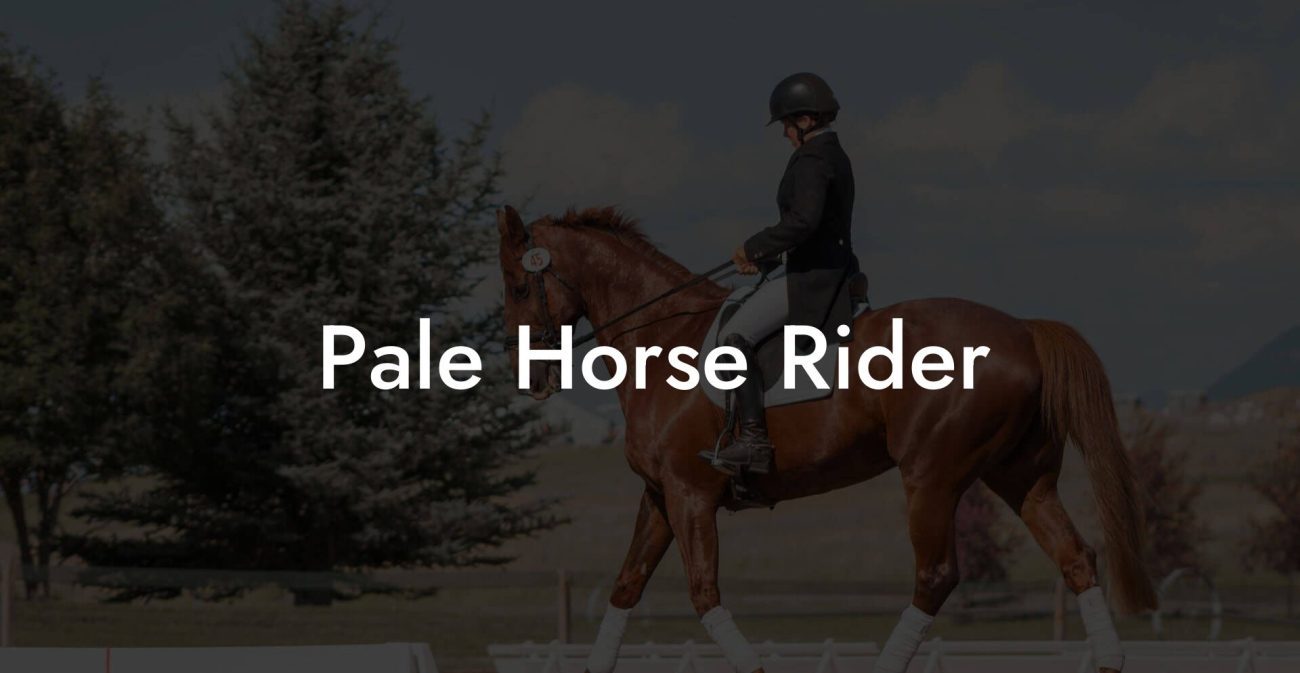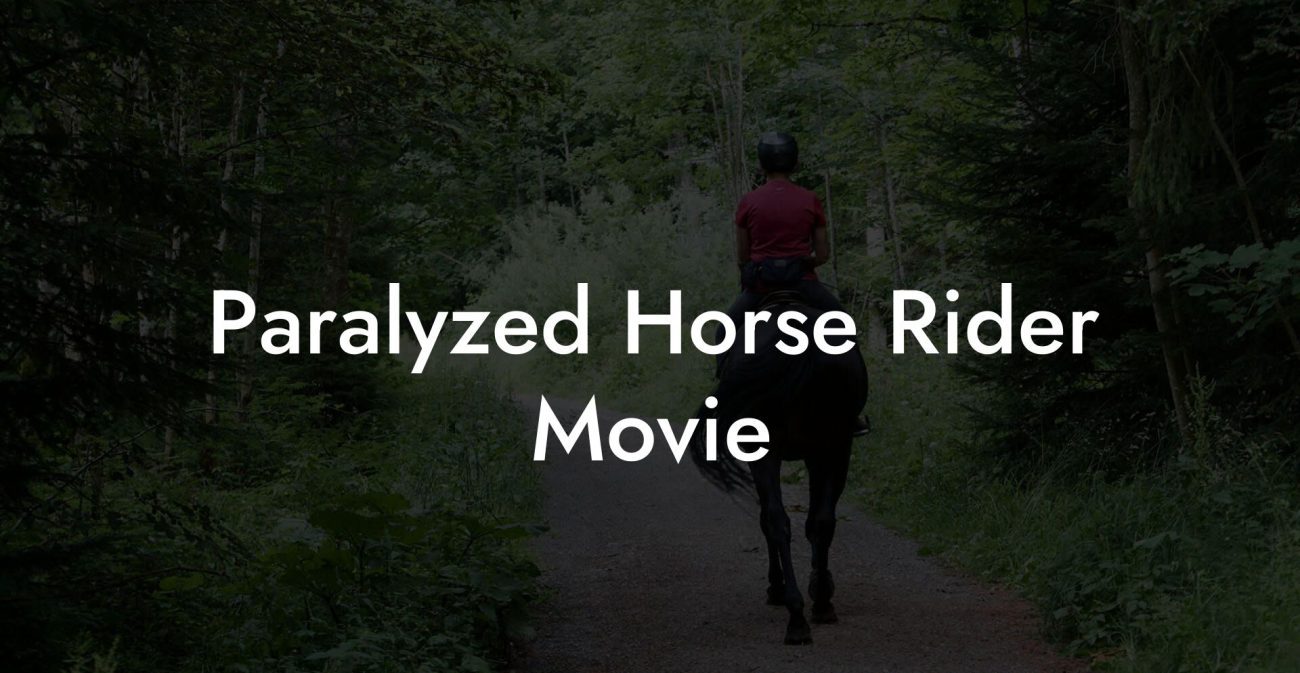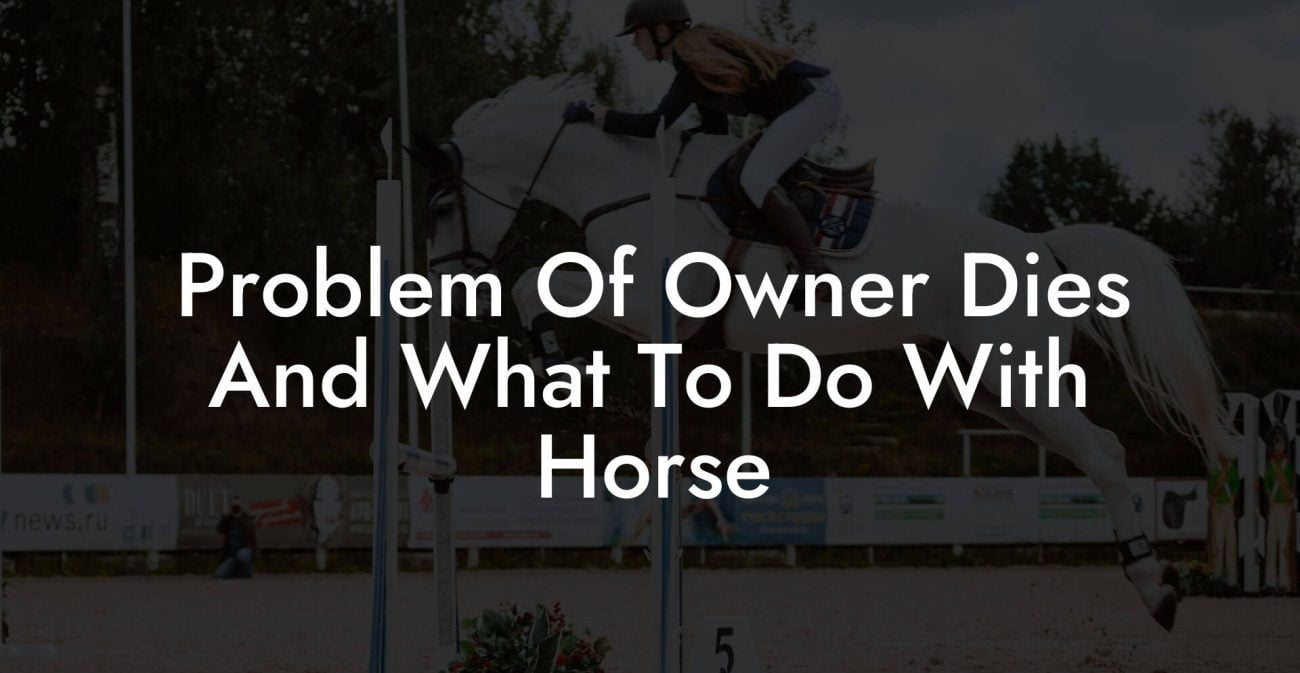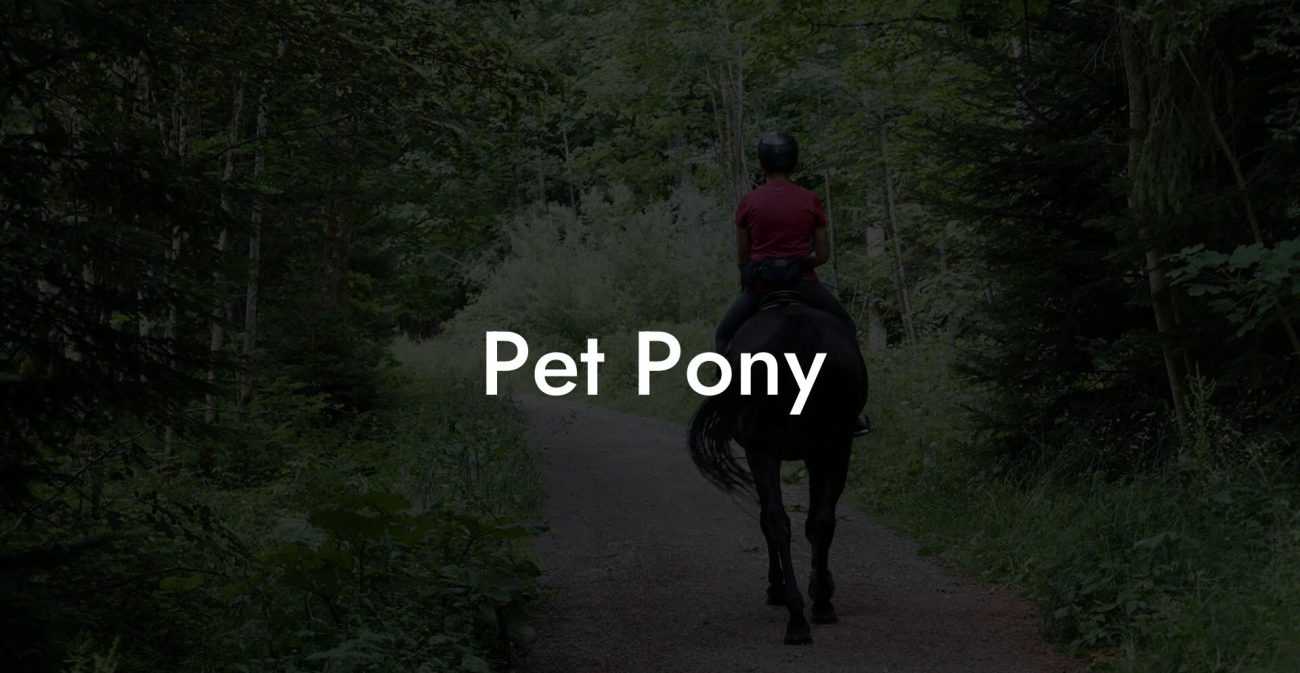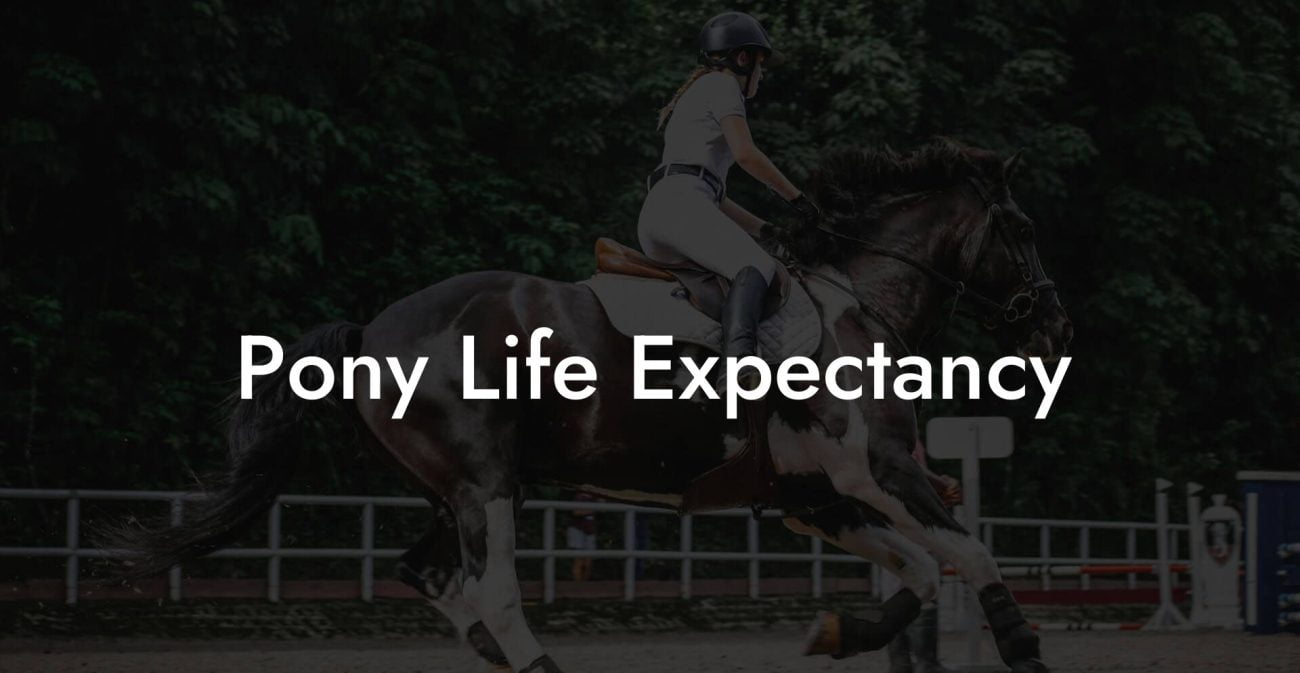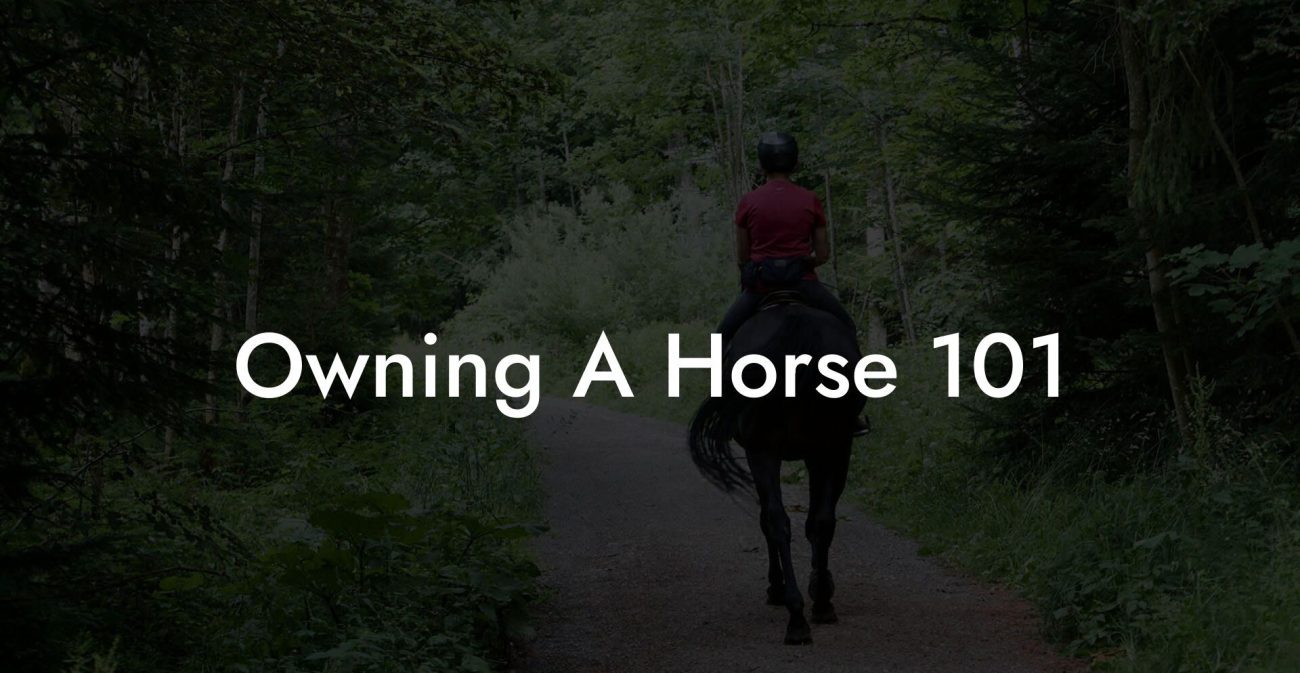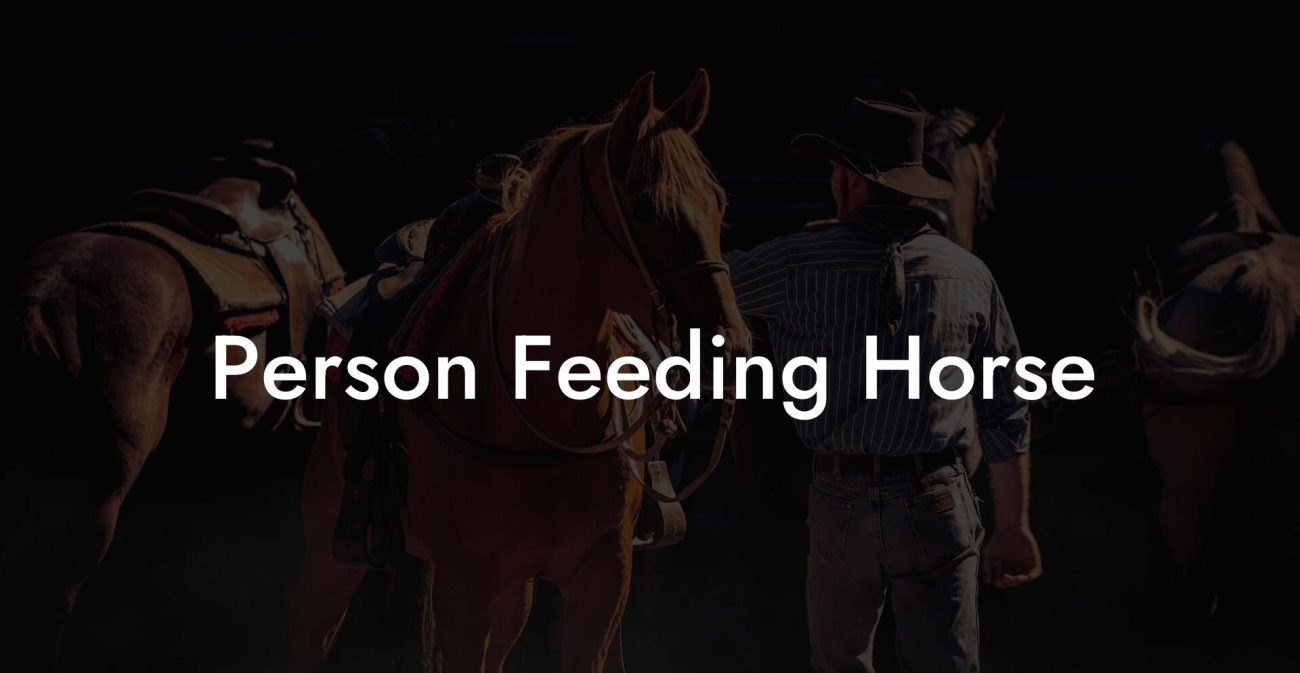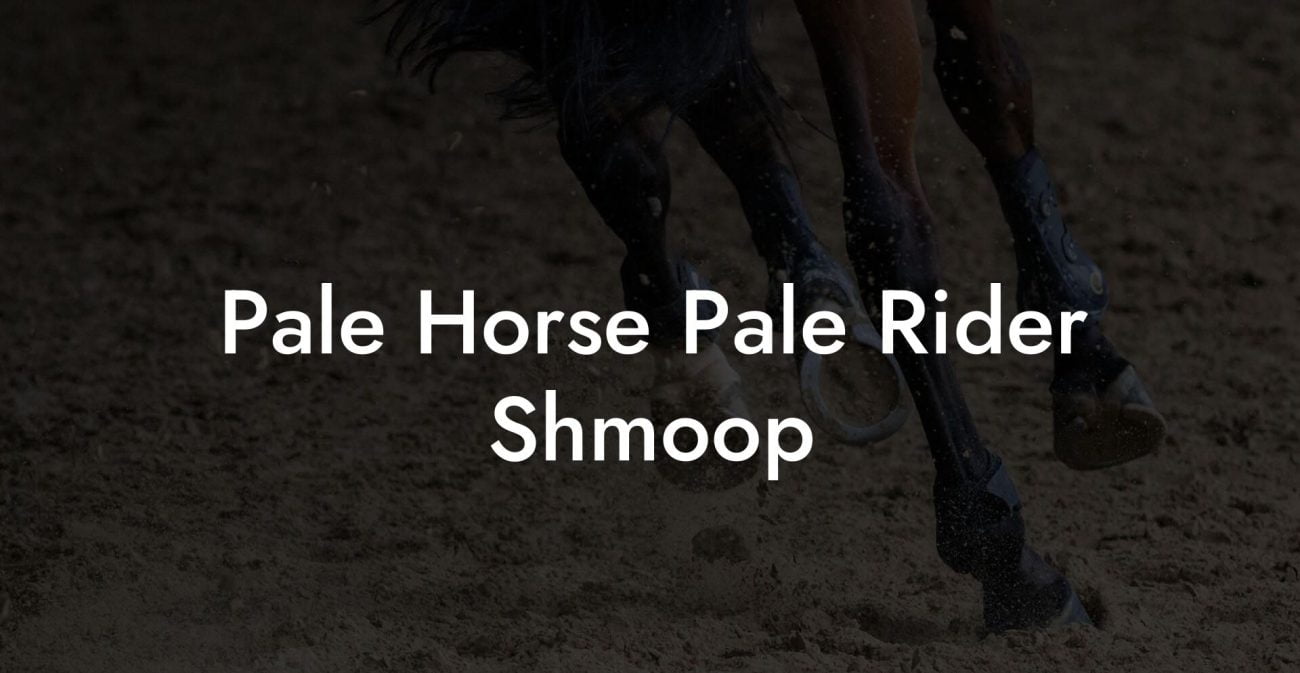Owning a horse is a rewarding, life-long adventure. From the moment you bring your equine friend home, you'll share countless memories and experiences. As your horse grows older, it's essential to understand their aging process to ensure they remain happy and healthy throughout their horse years. In this comprehensive guide, we'll dive into the world of horse years, explaining how to determine your horse's age in human terms, provide tips on caring for aging equines, and discuss how to adapt your riding routine as your noble companion grows older.
Horse Years Table of Contents
Understanding Horse Years: Age Conversion & Lifespan
Determining your horse's age in human years is a little more complicated than for pets like dogs, where a general “7:1 human-to-dog-year ratio” is often used. Horses have different lifespans, patterns of growth and development, and age-related challenges. A horse's average lifespan is around 25-30 years. However, they can live well into their 30s or even 40s with proper care and attention.
The formula used to convert horse years to human years looks like this:
- 1 horse year = 6.5 human years for the first two years
- For every year after that, 1 horse year = 3 human years
Following this conversion, a 10-year-old horse would be approximately 37 human years old. It's essential to remember that this formula is only a rough estimation and that individual factors such as breed, size, and overall health may affect your horse's aging process.
Caring for Your Aging Equine Friend
As your horse grows older, you'll need to make adjustments to their care routine to support their changing needs. Here are some tips to ensure your senior horse remains healthy:
1. Regular Veterinary Check-ups: Older horses are more prone to certain health issues, such as arthritis, dental problems, and changes in body condition. Scheduling regular veterinary check-ups will help catch any issues early on.
2. Adjust Feeding and Nutrition: Older horses may require a special diet to maintain weight and condition. High-quality, easily digestible feed with added oil for weight management or joint supplements for arthritis may be beneficial.
3. Maintain Adequate Exercise: While older horses may not have the same energy levels as their younger selves, they still need regular exercise. Adjust your exercise routine to your horse's ability and ensure their workload is sufficient, but not too strenuous.
A Horse Years Example: Adjusting Your Riding Routine
As your horse ages, you'll need to modify your riding routine to accommodate their changing abilities. For example, if you have a 15-year-old jumping horse, they may no longer have the same stamina or range of motion for high jumps. Instead, focus on refining your dressage skills, enjoying long, steady trots, or even dabbling in a new riding discipline like endurance or trail riding. Pay close attention to your horse's comfort during and after riding sessions and adjust your approach as needed.
Understanding and embracing your horse's aging process is an integral part of being a responsible, loving owner. By adapting your care and riding routines to your horse's needs, you'll ensure your equine friend remains happy, healthy, and comfortable throughout their golden years. Share this article with your fellow horse enthusiasts and explore our other insightful guides on How to Own a Horse for more tips and tricks to make the most of your horse ownership journey.

